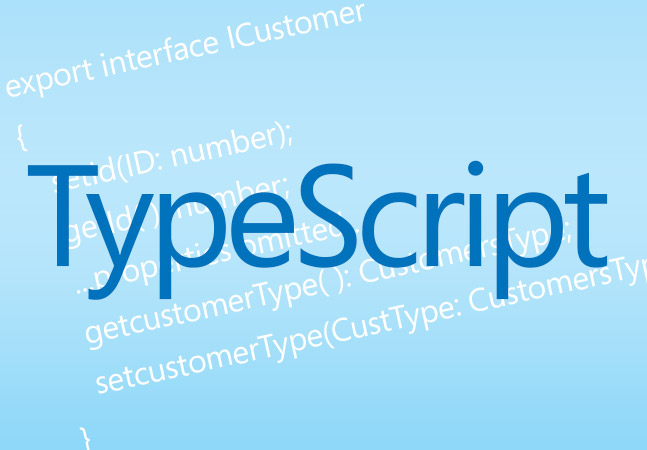
Peter walks through a simple Web page that retrieves and updates data on the server to summarize his best practices for creating the client-side portion of an ASP.NET application.
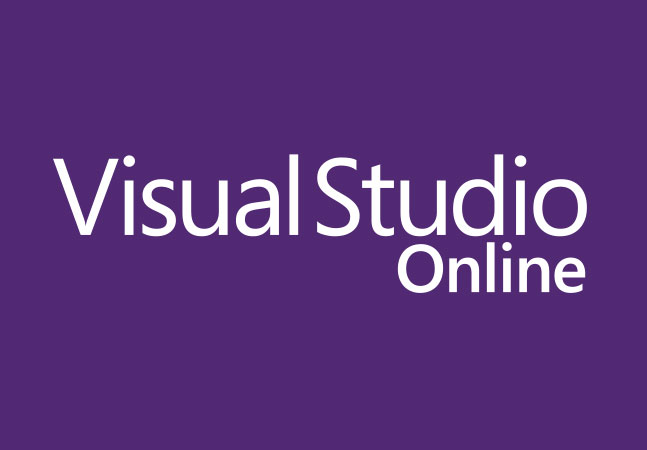
The introduction of Visual Studio Online doesn't mean the end of Team Foundation Server, but it does change the way Microsoft does application lifecycle management.
- By Mickey Gousset
- 01/17/2014

"Windows 9" preview is expected to be the highlight of the show.
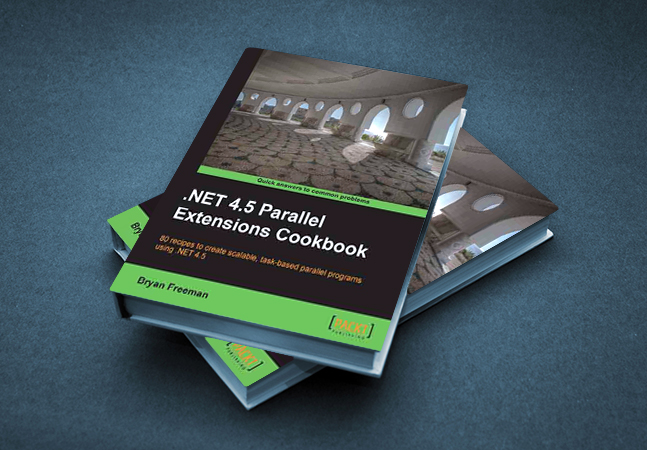
Bryan Freeman's book on creating asynchronous applications does a great job of explaining the technology the .NET Framework provides for creating asynchronous applications.
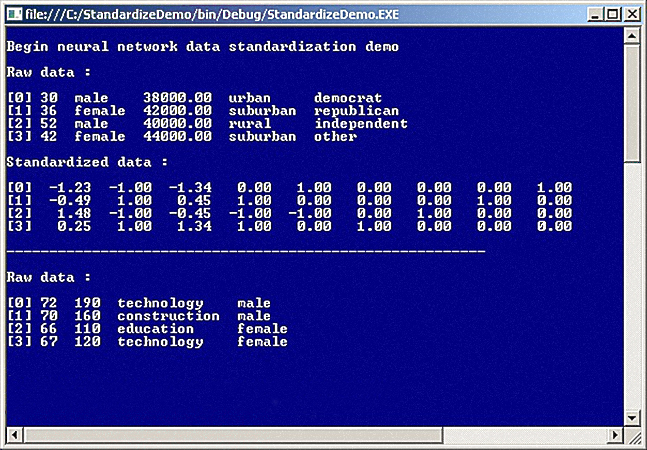
Understanding data encoding and normalization is an absolutely essential skill when working with neural networks. James McCaffrey walks you through what you need to know to get started.
- By James McCaffrey
- 01/15/2014

The free extension currently works only with Visual Studio 2013.

It started with user group pizza. It still hasn't ended. How Rocky Lhotka's life changed -- forever -- in an instant.
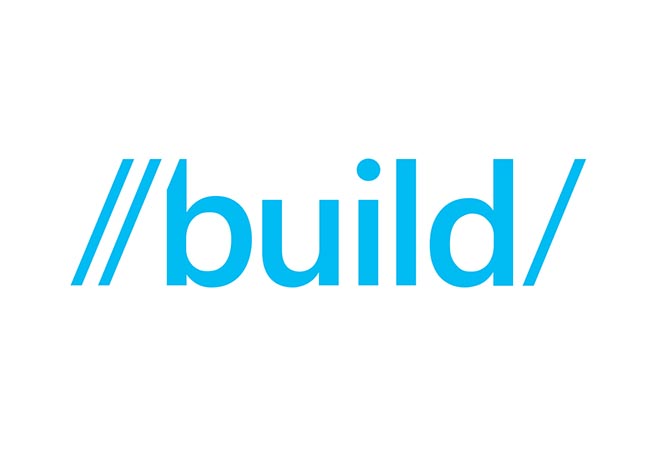
Information expected on the next version of Windows, rumored to be called "Windows 9".
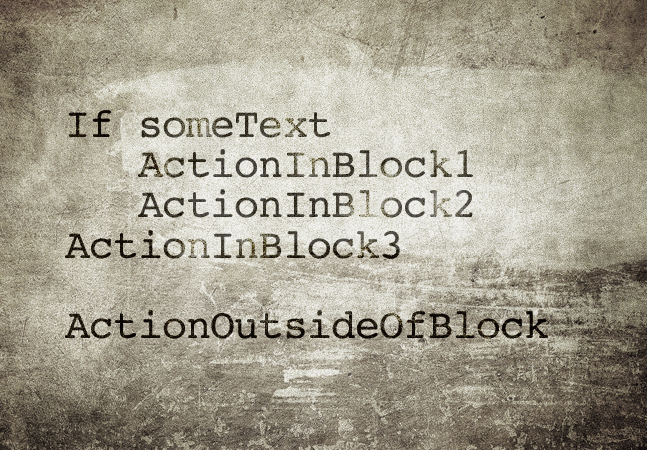
Just because your language can do it, it doesn't mean that you should.

Nick Randolph walks through adding analytics to your Windows Phone application using Application Insights for Visual Studio Online.
- By Nick Randolph
- 01/13/2014

Toolbox is a collection of handy tools, libraries, frameworks and information that helps you code. In this installment I've collected some new and popular JavaScript frameworks and testing tools.
- By Terrence Dorsey
- 01/10/2014

Regular expressions are like power tools: They may look scary, but are easy to use once you understand their basic building blocks.
- By Ondrej Balas
- 01/09/2014

Coverity 7.0 also focuses sharply on Web application security.
- By John K. Waters
- 01/08/2014

You can't "grow" a fluent API; you need to understand how developers will need (and expect) to use your API. Here's a case study of what the design process for a fluent API looks like.

Once you've delivered server-side objects to your client, you're going to need to manage them. Here's how to integrate a powerful client-side (and server-side) object manager into your application using TypeScript.

Go inside the protocol that's the backbone for today's modern, cloud-based applications.
- By Patrick Steele
- 12/23/2013

Peter continues to look at the value of imposing naming conventions on developers; but this time, he looks at the benefits related to understanding the business problem, as well as why flexibility is crucial.

Mark Michaelis walks you through the Visual Studio tooling and project setup you'll need to get the most out of your JavaScript unit testing.
- By Mark Michaelis
- 12/19/2013

Although mathematically elegant, back-propagation isn't perfect. Instead consider using particle swarm optimization (PSO) to train your neural network; here's how.
- By James McCaffrey
- 12/18/2013

JNBridgePro 7.1 connects Java and .NET Framework-based components.
- By John K. Waters
- 12/18/2013